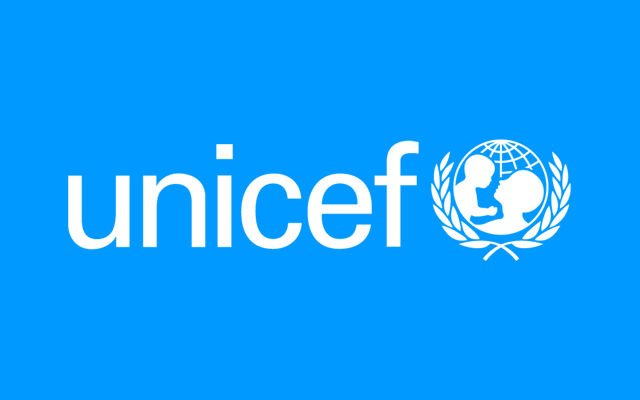A recent report by the United Nations Children’s Fund (UNICEF) has revealed alarmingly high rates of home births in Gombe, Bauchi, and Taraba States, posing significant risks to child survival.
According to UNICEF Health Officer Olusheyi Olosunde, over half of pregnant women in Gombe State (51.5%) choose to deliver at home, while the figures for Bauchi and Taraba are equally concerning at 68.9% and 67%, respectively.
These statistics, derived from the latest National Demographic Health Survey (NDHS), underscore a critical public health issue in the region.
Olosunde emphasized the direct correlation between home births and increased child mortality rates.
He explained that delivering at home often deprives newborns of essential immunizations and other vital healthcare services, making them vulnerable to preventable diseases and complications.
Furthermore, the UNICEF report highlighted significant gaps in postnatal care.
A staggering 55.1% of newborns in Gombe, 76.1% in Bauchi, and 67% in Taraba do not receive adequate postnatal care. Additionally, nearly one-third of newborns in these states miss out on crucial immunizations.
UNICEF Communication Officer Opeyemi Olagunju expressed deep concern over the high child mortality rates in Nigeria, with an estimated 120,000 children under five dying annually.
He stressed that many of these deaths are preventable and called for urgent collective action to address the underlying factors.
The media dialogue organized by UNICEF aims to raise awareness about the root causes of child mortality, its devastating social and economic consequences, and the imperative need for concerted efforts from various stakeholders to improve child health outcomes in the three states.


